What does that even mean?! Choose foods as close to how they’re found in nature as possible. Bright colours are a sign of antioxidants and powerful phytonutrients. Frozen fruits and veggies are great too! Choose whole food sources of carbohydrates over refined ones, such as kumara, potato, and pumpkin, over bread, pasta, and rice.
Try to eat fish and seafood at least a couple of times a week. The omega-3 fats found in fish and shellfish is anti-inflammatory, and is known to have a positive effect on the brain. Choose sustainable fish, such as salmon, mackerel, sardines, and kippers. Mackerel, sardines, and kippers are very cheap, too! Mussels are also a fantastic source of omega-3, are cheap, and are New Zealand’s single most sustainable seafood. You’ll also get a large portion of your RDI of iron and zinc.
Our advice to you.
Minimise energy bandaids as much as possible. Try not to rely on sugar, alcohol, and caffeine to get you through the day. Your energy and mood should be such that most days are great without them! You don’t NEED these substances to keep your head up, or to de-stress at the end of it.
Take a moment each day to breath and avoid the stress that can come from our chaotic lifestyles. Notice how different foods make you feel. Choose nutrient dense foods that are nourishing, vitalizing, and energising for a healthier happier you.
Thanks for reading! From the Feel Fresh Nutrition Team
Images: @Tranmautritam, @caseylee, @adriensala, @badyqb, @yorikoo, @leoniewise, @brookelark











